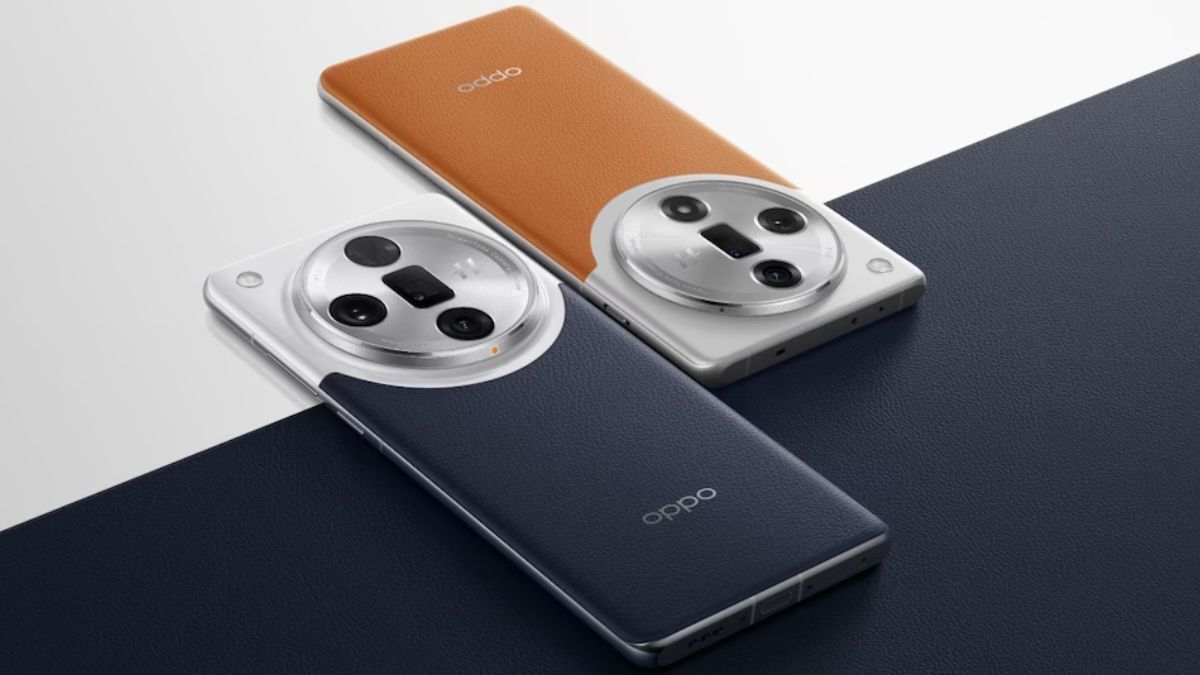On Wednesday, Oppo announced a new artificial intelligence (AI) feature for its smartphones. The firm plans to implement a mixture of experts (MoE) AI architecture to significantly reduce power consumption as well as increase processing speed. Oppo has partnered with leading chipset manufacturers to develop technology for smartphones and similar devices. However, it is not known which future smartphones will be equipped with this technology. The firm recently unveiled ColorOS 15 with new AI features, and its flagship Find X8 series will launch on October 24.
Oppo introduces embedded MoE AI architecture for smartphones
The company has shared details of its new in-house technology for smartphones. The MoE architecture is not new and has been popularized by the AI firm Mixtral, which has released several open-source MoE-based AI models.
Unlike large language models (LLMs), which have one massive centralized system and can handle a wide variety of AI tasks, the MoE architecture relies on small language models (SLMs). These SLMs specialize in one specific task and can perform it with higher accuracy and speed thanks to smaller but more relevant data sets.
![]()
Implementation of artificial intelligence architecture based on a mixture of experts
Photo: Oppo
In the MoE architecture, several SLMs are combined together in the back end and offer a synchronized interface in the external end. Whenever a user requests a task, the system assigns it to the SLM that is most capable of handling it. As a result, the system is capable of parallel processing, and despite running multiple tasks at the same time, the processing speed is not significantly affected.
Parallel processing combined with the use of SLM also reduces power consumption. Oppo claims to have found a way to implement this architecture into the device, which would result in faster AI processing as well as improved battery life.
Based on internal testing, the Chinese smartphone maker claims that MoE-based AI systems can process AI tasks 40 percent faster than a traditional alternative.
Oppo also highlighted that the MoE architecture on the device will provide more privacy for users as fewer AI tasks will need to be handled on servers. This means that the data is stored locally and only the user has access to it.
